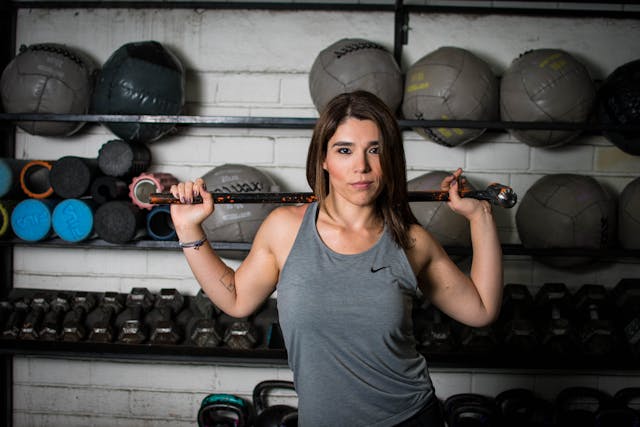
Symptoms of dehydration and how to properly hydrate
Dehydration occurs when your body loses more fluids than it takes in, leaving it unable to carry out normal functions. Recognizing the symptoms of dehydration is essential for timely intervention and preventing severe health complications. Here, we explore the various symptoms of dehydration and discuss how to properly hydrate to maintain optimal body function.
Symptoms of Dehydration
Mild to Moderate Dehydration
– Thirst: This is the most basic and immediate sign that your body needs more water.
– Dry Mouth and Bad Breath: Saliva production decreases, causing your mouth to feel dry and can lead to halitosis.
– Reduced Urination and Dark Urine: When dehydrated, the kidneys conserve water, leading to less frequent urination and darker urine than usual.
– Fatigue: Lack of fluids can lead to feelings of tiredness and lethargy.
– Dry Skin: Skin may appear dry and lack its usual elasticity. A common test is the skin turgor test where pinched skin takes a while to return to normal.
– Dizziness or Light-headedness: This can happen due to a decrease in blood volume and pressure.
– Headaches: Dehydration can lead to a dehydration headache, which feels different from other types of headaches.
Severe Dehydration
– Sunken Eyes: The eyes may look hollow and dark circles can appear.
– Fainting: Severe dehydration can lead to fainting spells, especially when standing up quickly, due to low blood pressure.
– Extreme Thirst, Dry Mouth, and Mucous Membranes: These symptoms become more pronounced in severe cases.
– Confusion or Irritability: Dehydration can affect your ability to think clearly.
– Very Dry Skin: Skin may become dry and wrinkled, and may not rebound when pinched.
How to Properly Hydrate
Proper hydration is essential for maintaining health and preventing dehydration. Here are practical tips to stay adequately hydrated:
- Understand Your Fluid Needs: The amount of water a person needs can vary based on age, weight, activity level, and environmental conditions. As a general rule, aim to drink at least eight 8-ounce glasses of water per day, which equals about 2 liters, or half a gallon.
- Monitor Fluid Intake: Make it a habit to drink water throughout the day, not just when you’re thirsty. Carrying a reusable water bottle can help you keep track of your water intake and ensure you’re drinking enough.
- Eat Water-Rich Foods: Many fruits and vegetables, such as cucumbers, tomatoes, oranges, and melons, are high in water content and can contribute to hydration.
- Limit Diuretics: Beverages like coffee, tea, and alcohol have diuretic effects, meaning they increase urine production and can lead to fluid loss. It’s important to moderate these beverages and to drink additional water to counteract their effects.
- Hydrate with Amino Acid-based electrolytes: For intense exercise or when you sweat heavily, consider drinks that contain electrolytes to replenish your body adequately, such as IV2. IV2 is a zero-sugar, amino acid-based electrolyte developed by military doctors in South Korea. Well known for muscle recovery and energy boost, Amino Acids take up 40% in a single packet of IV2, calling it the Amino Acid-based ORS (Oral Rehydration Solution). This precise ratio of Amino Acids and essential ingredients of our AAA Formula™ effectively hydrates and replenishes without the use of sugar.
It is important to understand and be cautious of these symptoms of dehydration. Taking appropriate actions for these symptoms such as drinking the right electrolyte products can be a good example of being hydrated.



